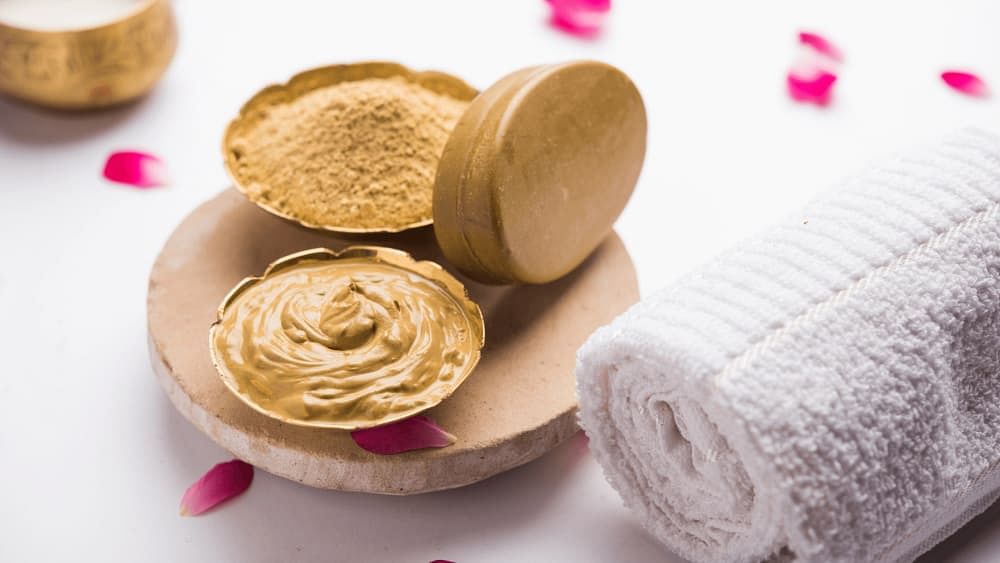- The Instagram account @StoicReflections has grown to 844,000 followers in under three years.
- The creator posts famous motivational quotes every day, and uses strategic hashtags to amplify them.
- He introduced two simple products that have generated hundreds of thousands of dollars in revenue.
Alexander, the man behind the popular Instagram account @StoicReflections, went bankrupt only a few years ago.
But that became an invaluable time in his life when he took up philosophical meditations, began posting mantras online, and grew enough of a following that he now makes a full-time living from Instagram.
Alexander, who asked his last name be private to keep his identity separate from his account, is not the typical influencer. He is not the face of his page, but he has seen growth in line with other successful personalities on the platform. @StoicReflections has gained over 844,000 followers in less than three years sharing tenets of Stoicism, an ancient Greek philosophy that preaches an indifference to pleasure and pain. He shares both quotes from Stoic philosophers, and also quotes he feels resonate with the philosophy that come from famous figures ranging from George Washington to Ray Dalio.
He told Insider his fans are mostly business-minded people — in fact, Sophia Amoruso, the founder of Nasty Gal and self-identifying girlboss, is a frequent sharer of his posts.
Because his account is about philosophical teachings, he said he worried that posting frequent ads or sponsored deals would dilute its virtue.
“There’s a lot of brand equity you’ll just lose by just taking ads,” he said.
Last year, Alexander instead decided to create two simple products that have generated hundreds of thousands of dollars in revenue. They have also allowed him to make a full-time living from his motivational Instagram account.
Alexander, a 28-year-old living in Ottawa, has a background in e-commerce. Before @StoicReflections, he was ran a business selling cheap commercial goods from China that he said turned a nice profit.
“It ended up being successful enough that I was traveling a lot, living in expensive luxury apartments,” he said. “But I ended up going from the 34th floor of a luxury apartment to a five-bedroom roommate situation.”
As fast as he was pocketing money from his e-commerce business, he was spending it. He said he had debts in the five-figure range.
“I was just really, really stupid financially,” he said. “But it was the best lesson to happen to me.”
In early 2019, Alexander began studying Stoicism to help him get through a tough time in his life.
“It teaches you resilience, and the dichotomy of control: what you can control and what you can’t control,” he said.
In June 2019, he created @StoicReflections to keep himself accountable. He posted quotes every day, like “Intelligence without ambition is a bird without wings,” so he could try to live up to them.
Alexander said he didn’t have distinct business plans for it at the time, but he did quickly discover ways to cultivate an audience in the self-help and motivational corners of Instagram.
Hashtag discovery was how he first built 100,000 followers, he said
Instagram / @StoicReflections
Alexander’s approach had a few key aesthetic elements. He would pull out shorter quotes so they could be easily legible even on a square grid. He also noticed that many other quote posts had black text on a white background.
“So I just inverted it,” he said of his posts that are mostly white text over a black background.
Hashtags were another place he tried to differentiate himself from similar accounts. He noticed that popular hashtags, like #wisdom and #philosophy, would have over a million posts, and only a few would get to the top of the ranking. So he would strategically use hashtags that had fewer aggregates so that his posts might make it to the top.
“I would use hashtags that would have 10K or less posts, so people would be more likely to click on mine,” he said.
In his first year, his account grew 100,000 followers using his hashtag discovery method. He posted a quote every day, hashtagged every post, and would gain about 100 new followers a day. Every once in awhile, when a famous person shared his posts, he would see thousands of new followers instantly. By his second year, his page had well over 400,000 followers.
He began to get requests from brands to post sponsored content, but refused them.
“I thought it would take away from what I was doing,” he said. “The purpose of it, at least in the start, wasn’t to make money at all. I’m not going to become a giant advertisement.”
Instead, last year Alexander came up with two product lines.
One was digital wallpaper for your phone of famous philosophical and motivational quotes. A pack of 55 downloadable wallpaper sells for $9. Next, he created a calendar rooted in ancient Stoic beliefs that “help you harness the concept by visualizing your life week by week,” according to its description. You can buy a digital copy for $19, a printed copy for $39, and a framed version for $79.
2 simple products have allowed him to take his Instagram hobby full time
Instagram / @StoicReflections
While he doesn’t want to publicly disclose the exact revenue number, Alexander has made in the mid-six-figure range from sales from his wallpaper and calendars. He’s able to run his Instagram account with very little overhead costs because his products are mostly digital.
He said he also now only spends about 30 minutes a day preparing posts and interacting with commenters.
Alexander added he’s not sure if @StoicReflections is a long-term career for him, but he is considering introducing new products for the account.
“I spend most of my time learning to code, so I’ll probably build an app,” he said. “I don’t have a plan or a road map. I could see myself continuing this for however long, but it’s definitely not my main thing forever … It was an experiment. It was a fun hobby to keep me sane when I went bankrupt.”




More Stories
Walmart lays off corporate employees after slashing forecast
47 Funny Thanksgiving Quotes – Short and Silly Quotes About Thanksgiving
Rare Beauty Kind Words Matte Lipstick Review And Swatches